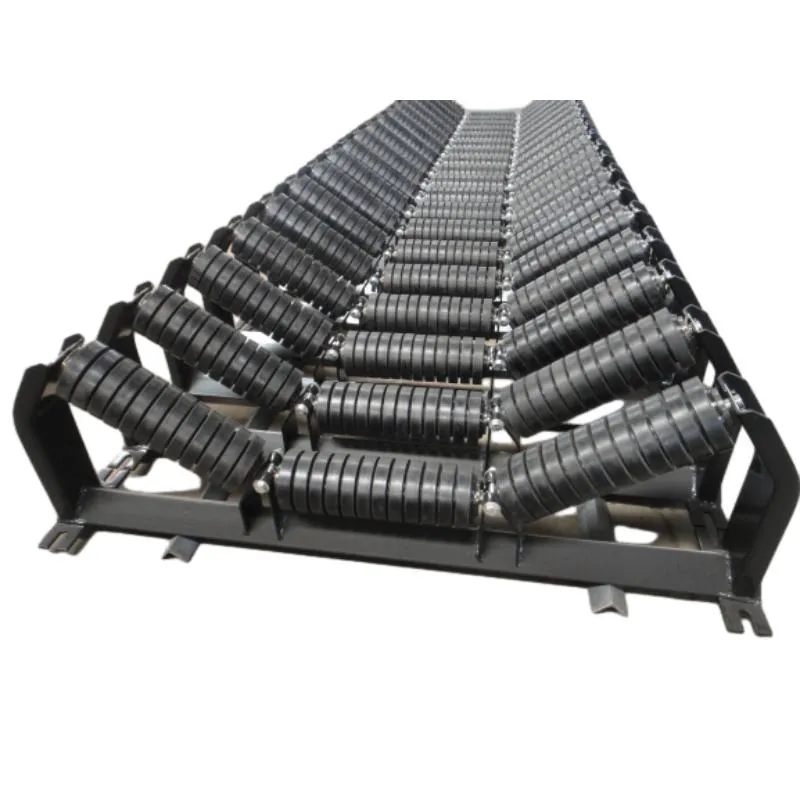 Afrikaans
Afrikaans  Albanian
Albanian  Amharic
Amharic  Arabic
Arabic  Armenian
Armenian  Azerbaijani
Azerbaijani  Basque
Basque  Belarusian
Belarusian  Bengali
Bengali  Bosnian
Bosnian  Bulgarian
Bulgarian  Catalan
Catalan  Cebuano
Cebuano  Corsican
Corsican  Croatian
Croatian  Czech
Czech  Danish
Danish  Dutch
Dutch  English
English  Esperanto
Esperanto  Estonian
Estonian  Finnish
Finnish  French
French  Frisian
Frisian  Galician
Galician  Georgian
Georgian  German
German  Greek
Greek  Gujarati
Gujarati  Haitian Creole
Haitian Creole  hausa
hausa  hawaiian
hawaiian  Hebrew
Hebrew  Hindi
Hindi  Miao
Miao  Hungarian
Hungarian  Icelandic
Icelandic  igbo
igbo  Indonesian
Indonesian  irish
irish  Italian
Italian  Japanese
Japanese  Javanese
Javanese  Kannada
Kannada  kazakh
kazakh  Khmer
Khmer  Rwandese
Rwandese  Korean
Korean  Kurdish
Kurdish  Kyrgyz
Kyrgyz  Lao
Lao  Latin
Latin  Latvian
Latvian  Lithuanian
Lithuanian  Luxembourgish
Luxembourgish  Macedonian
Macedonian  Malgashi
Malgashi  Malay
Malay  Malayalam
Malayalam  Maltese
Maltese  Maori
Maori  Marathi
Marathi  Mongolian
Mongolian  Myanmar
Myanmar  Nepali
Nepali  Norwegian
Norwegian  Norwegian
Norwegian  Occitan
Occitan  Pashto
Pashto  Persian
Persian  Polish
Polish  Portuguese
Portuguese  Punjabi
Punjabi  Romanian
Romanian  Russian
Russian  Samoan
Samoan  Scottish Gaelic
Scottish Gaelic  Serbian
Serbian  Sesotho
Sesotho  Shona
Shona  Sindhi
Sindhi  Sinhala
Sinhala  Slovak
Slovak  Slovenian
Slovenian  Somali
Somali  Spanish
Spanish  Sundanese
Sundanese  Swahili
Swahili  Swedish
Swedish  Tagalog
Tagalog  Tajik
Tajik  Tamil
Tamil  Tatar
Tatar  Telugu
Telugu  Thai
Thai  Turkish
Turkish  Turkmen
Turkmen  Ukrainian
Ukrainian  Urdu
Urdu  Uighur
Uighur  Uzbek
Uzbek  Vietnamese
Vietnamese  Welsh
Welsh  Bantu
Bantu  Yiddish
Yiddish  Yoruba
Yoruba  Zulu
Zulu Durable Steel Bearing Housings for Enhanced Machine Performance and Longevity
Understanding Steel Bearing Housings Essential Components for Machinery
Steel bearing housings play a crucial role in the efficiency and longevity of various machinery and equipment across multiple industries. These robust components serve as protective casings for bearings, ensuring that they operate smoothly within various mechanical systems. This article delves into the significance, types, materials, and applications of steel bearing housings.
The Importance of Bearing Housings
Bearing housings are essential for mounting bearings securely in machinery. They provide structural support, maintain alignment, and protect the bearings from contaminants such as dust, dirt, and moisture. A well-designed bearing housing enhances the mechanical performance by minimizing vibrations and ensuring that the bearing operates within its optimal range. The design of these housings can also aid in heat dissipation, which is vital in high-speed applications.
Types of Steel Bearing Housings
Steel bearing housings come in various types, each designed to meet specific application needs. The two primary categories include
1. Flanged Housings These housings feature a flange that allows for easy mounting onto machinery. Flanged housings are often used in situations where space is a constraint or where the bearing must be positioned at an angle.
2. Pillow Block Housings Commonly used in conveyor systems and other industrial applications, pillow block housings are designed to be mounted onto a horizontal surface. They provide excellent alignment and support for the shaft and bearings, reducing the risk of misalignment and increasing operational efficiency.
3. Take-Up Housings These are designed to accommodate adjustments in tension for belts or chains, making them ideal for applications where precise positioning is required. They allow for easy length adjustments without the need for extensive reconfiguration of the machinery.
Material Considerations
steel bearing housing

The most common material used for bearing housings is steel, due to its high strength, durability, and resistance to wear and tear. Steel bearing housings can be further enhanced with various protective coatings or treatments to resist corrosion and extend their service life. For environments that expose equipment to harsh conditions, such as chemical exposure or extreme temperatures, stainless steel bearing housings may be used for their superior resistance to corrosion.
Applications of Steel Bearing Housings
Steel bearing housings are versatile components used in a wide range of industries. Some notable applications include
- Manufacturing Equipment In manufacturing plants, steel bearing housings are essential for machinery that requires high precision, such as CNC machines, lathes, and milling machines.
- Automotive Industry Bearing housings are extensively used in vehicles to support wheel bearings, transmission components, and various engine parts, ensuring smooth operation and longevity.
- Agricultural Machinery Equipment like tractors and harvesters relies on sturdy bearing housings to endure the rigors of agricultural work, providing strength and resilience against heavy loads.
- Conveyor Systems Steel bearing housings are vital in conveyor systems across various industries, where they support the smooth operation of rollers and belts, facilitating the efficient movement of goods.
Conclusion
In summary, steel bearing housings are indispensable components that contribute to the functionality and efficiency of mechanical systems. Their robust design, material characteristics, and adaptability to a wide range of applications make them critical in various industries. By understanding the different types of steel bearing housings and their specific applications, engineers and manufacturers can make informed decisions that enhance the performance and reliability of machinery. As industries continue to evolve, the importance of high-quality steel bearing housings will remain a vital aspect of engineering excellence.
-
Revolutionizing Conveyor Reliability with Advanced Rubber Lagging PulleysNewsJul.22,2025
-
Powering Precision and Durability with Expert Manufacturers of Conveyor ComponentsNewsJul.22,2025
-
Optimizing Conveyor Systems with Advanced Conveyor AccessoriesNewsJul.22,2025
-
Maximize Conveyor Efficiency with Quality Conveyor Idler PulleysNewsJul.22,2025
-
Future-Proof Your Conveyor System with High-Performance Polyurethane RollerNewsJul.22,2025
-
Driving Efficiency Forward with Quality Idlers and RollersNewsJul.22,2025





























